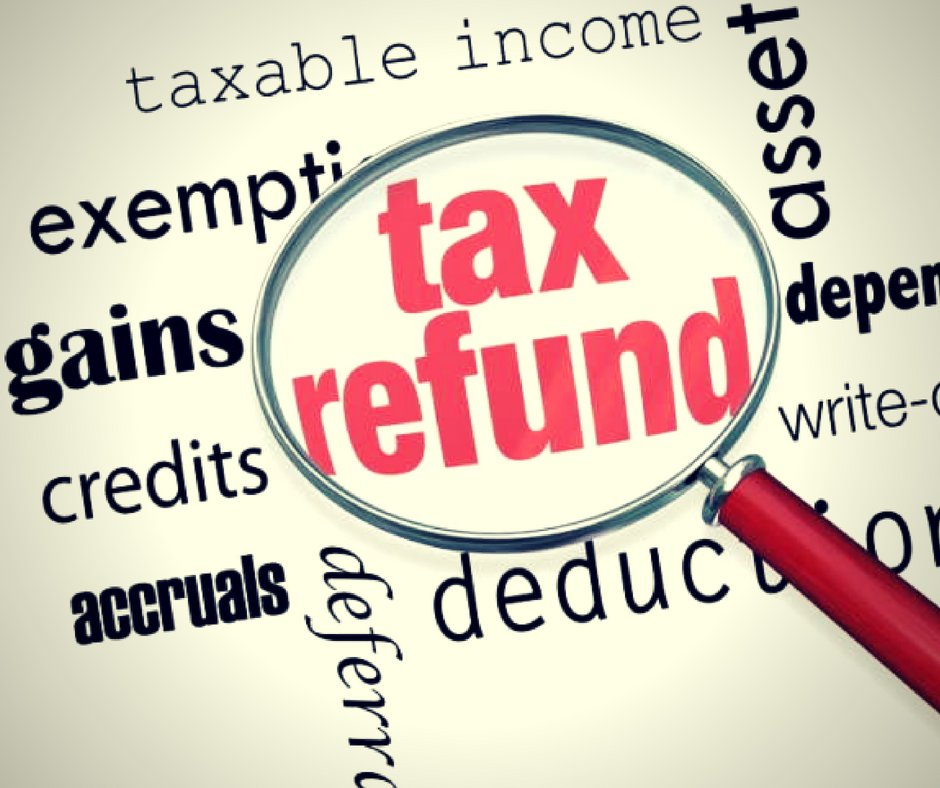Are you thinking of buying a rental property? Before you do, it’s important to be aware of the upfront costs you’ll need to factor in. Here are three key costs to keep in mind:
1. The purchase price of the property itself. Of course, this will be your biggest upfront cost. If you’re taking out a mortgage to finance the purchase, you’ll also need to factor in the associated loan costs (e.g., origination fees, appraisal fees, etc.).
2. The cost of any necessary repairs or renovations. Before you can start renting out your property, you may need to make some repairs or renovations. This could include anything from minor cosmetic fixes to major structural repairs.
3. The cost of insurance. Once you own a rental property, you’ll need to obtain insurance to protect your investment. This will typically include both property insurance and liability insurance.
The cost of insurance will vary Adelaide Tax Accountant depending on the value of your property and the location.
These are just a few of the upfront costs you’ll need to consider when buying a rental property. Be sure to factor these costs into your budget to avoid any surprises down the road.
The Ongoing Costs Of Owning A Rental Property
If you’re thinking of becoming a landlord, it’s important to be aware of the ongoing costs of owning a rental property. These can include everything from maintenance and repairs to insurance and property taxes.
While some of these costs may be tax deductible, it’s important to keep in mind that they will still add up. And, of course, you’ll also need to factor in the cost of your mortgage payments.
Here are some of the key ongoing costs to keep in mind when owning a rental property:
1. Maintenance And Repairs
No matter how well you maintain your property, there will always be the occasional repair that needs to be carried out. From fixing a leaky faucet to replacing a broken window, these costs can quickly add up.
2. Insurance
As a landlord, you’ll need to take out insurance to protect your property and your tenants. This will usually include buildings insurance, contents insurance, and liability insurance.
3. Property Taxes
Depending on where your property is located, you may be required to pay property taxes. These can be significant, so it’s important to factor them into your budget.
4. Mortgage Payments
Of course, you’ll also need to make your monthly mortgage payments. This is one of the biggest ongoing costs of owning a rental property, so be sure to factor it into your budget.
5. Miscellaneous Costs
There are also a number of miscellaneous costs that come with owning a rental property. These can include everything from advertising your property to screening tenants.
While the ongoing costs of owning a rental property can be significant, they are often offset by the income you’ll generate from your tenants. However, it’s important to be aware of all of the costs involved before making the decision to become a landlord.

The Tax Implications Of Owning A Rental Property
There are a number of tax implications to consider when owning a rental property. These can include income tax, capital gains tax, and stamp duty.
Income Tax
The first thing to consider is income tax. This is the tax you will pay on any rental income you receive. The amount of tax you pay will depend on your individual tax bracket.
Capital Gains Tax
If you sell your rental property, you may also be liable for capital gains tax. This is a tax on the profit you make from selling the property.
The amount of tax you pay will depend on a number of factors, including how long you owned the property and whether you made any improvements to it.
Stamp Duty
When you purchase a rental property, you may also be required to pay stamp duty. This is a tax that is levied on the purchase price of the property. The amount of stamp duty you pay will depend on the state or territory in which the property is located.
The Risks Associated With Owning A Rental Property
There are a number of risks associated with owning a rental property, including:
1. The risk of not being able to find a tenant. If you can’t find a tenant, you’ll have to cover the mortgage and other costs yourself. This can be a big financial burden, and it’s one of the main reasons why many people choose to use a property management company.
2. The risk of the tenant damaging the property. Unfortunately, this is something that can happen even if you carefully screen your tenants. You may be able to recoup some of the costs through the security deposit, but it’s still a risk.
3. The risk of the market crashing. This is a risk that all property owners face, but it’s especially relevant for rental property owners. If the market crashes, it could take a long time to find another tenant, and you may have to lower your rent in order to attract tenants.
4. The risk of repairs and maintenance. As a rental Nitschke Nanncarrow property owner, you’re responsible for all repairs and maintenance. This can be a significant expense, especially if something major goes wrong.
5. The risk of liability. If a tenant is injured on your property, you could be held liable. This is why it’s important to have adequate insurance coverage.
6. The risk of eviction. If a tenant doesn’t pay rent or violates the terms of the lease, you may have to go through the eviction process. This can be costly and time-consuming.
These are just some of the risks associated with owning a rental property. While there are ways to mitigate these risks, it’s important to be aware of them before you decide to become a landlord.